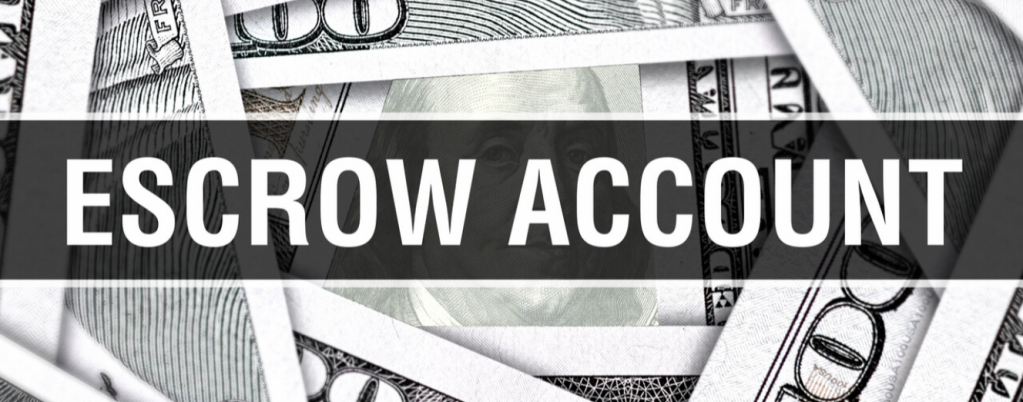
Okay, I will readily admit … no one gets excited about escrow accounts, but having a working knowledge about what an escrow account is can be VERY helpful when you are working with mortgage lenders and realtors. Escrow accounts are an instrument that can be used in several different ways and situations. For our purposes, we are going to focus on the most common uses in mortgage transactions. A quick snack of bite-sized pieces that, when finished, will leave you with basic working knowledge. Let’s get to it!
“An escrow is a contractual arrangement in which a third party receives and disburses money or property for the primary transacting parties, with the disbursement dependent on conditions agreed to by the transacting parties”
– Wikipedia
When your lender mentions your escrow account, most of the time they will be referring to the escrow account that is set up at closing to cover your yearly property taxes and hazard/homeowner’s insurance. This escrow account is funded with a few months of “impound” or “seed” money so the balance is correct when you start making your mortgage payments. After closing, a portion of your monthly payment automatically goes to your escrow account where it is held until your homeowner’s insurance and property taxes are due. When these bills are due, they are paid out of the escrow account by your mortgage company. You can determine how much of your mortgage payment is in escrow by taking the total yearly amount of your homeowner’s insurance premium, adding your yearly property tax bill, and dividing by 12. Every year, your loan servicer (where you send your payment) will analyze your escrow account to be sure you are on target to maintain the minimum balance required by law. Generally, the only way your required escrow payments can change is if the amount you are required to pay for insurance and property tax changes.
Another type of escrow commonly used in real estate transactions is a “holdback” for repairs made to the subject property. Let’s assume the home you are buying needs a new roof but the sellers do not want to replace it before closing. The closing attorney and mortgage company can set up an escrow where some of the seller’s proceeds from the sale are held back to pay a contractor to repair the roof after closing. Usually, in these situations, the attorney will hold the funds until the buyer confirms the work is complete to their satisfaction before releasing funds to the contractor.
While the examples above represent the most common uses for escrow, the possibilities are almost endless. As long as you know that an escrow account is a way for a 3rd party to hold funds until the terms are met for the funds to be dispersed (property tax bill due, repairs completed, etc.) you will be able to navigate just about anything you need to in the mortgage process.